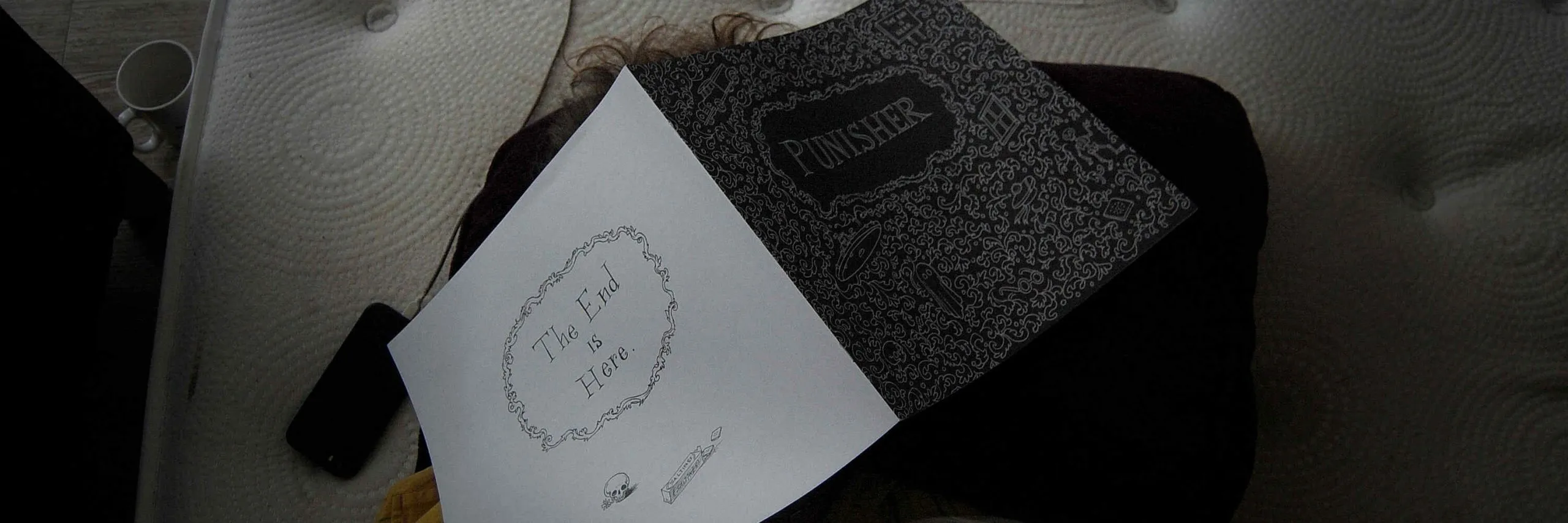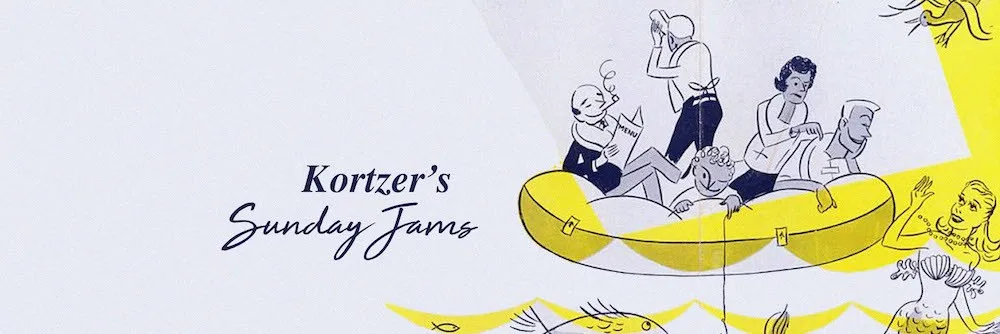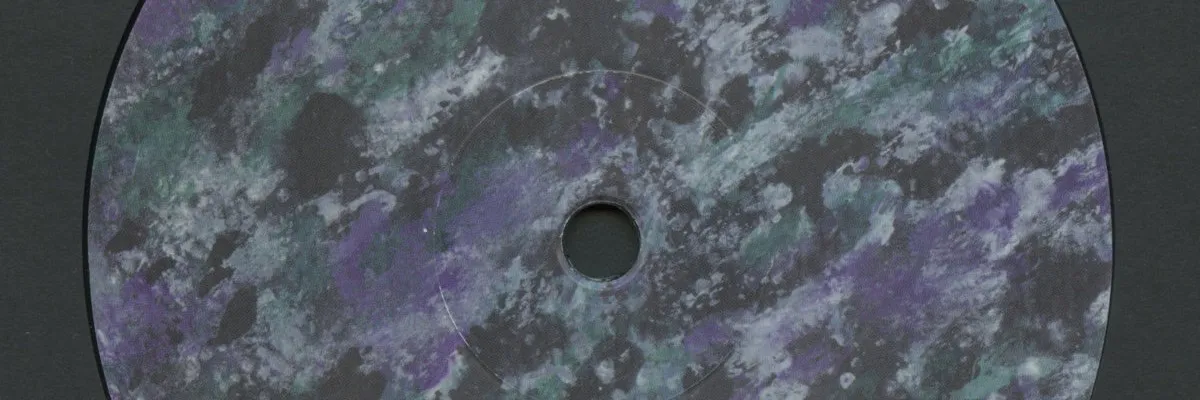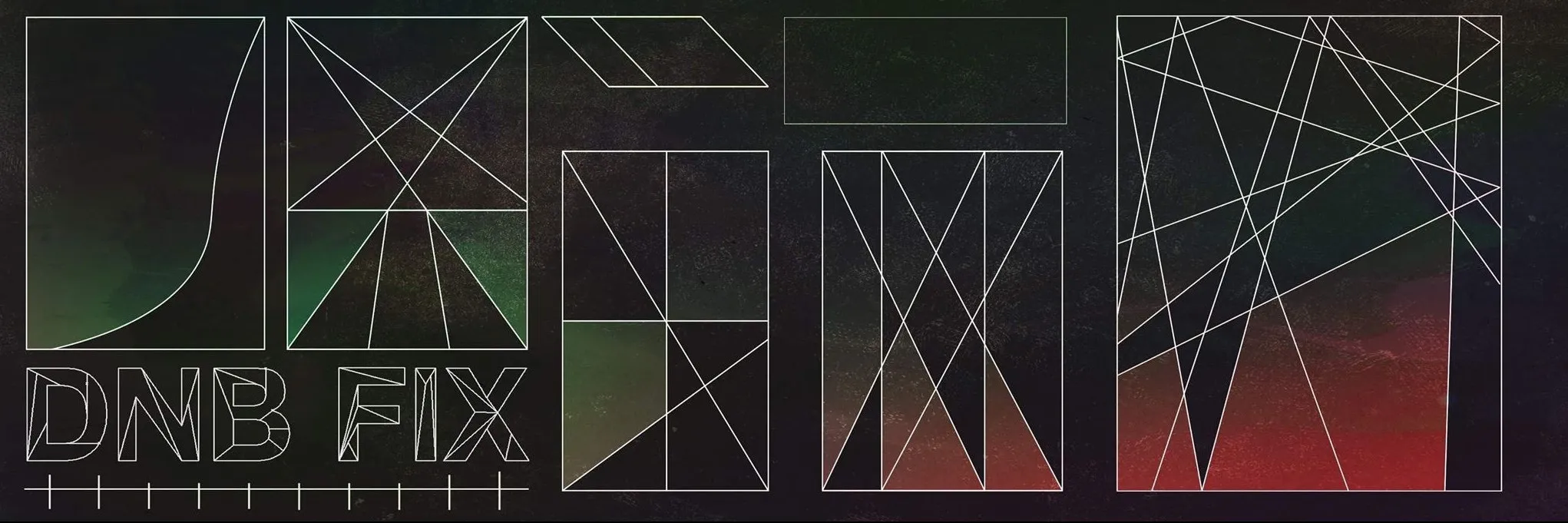
 Fifteen days after Phoebe Bridgers released her second solo album, Punisher, I’m finally able to listen through it in full, properly. That’s not to say I didn’t try. My flatmate was over at his girlfriend’s place when it was released, so I laid our spare mattress down next to our speakers, lay down, and turned the music on. Her first solo album, and her side projects boygenius and Better Oblivion Community Center, have all been spattered with songs that fucking energize me—that feel like the sonic center of my universe. These are songs I listen to when I’ve got a few minutes spare to psyche myself up before leaving for work. My favorite Bridgers tracks had this dynamite combination of euphoria and sadness, such that I’d often find myself rewinding the first half of the song multiple times until I felt properly ready to be taken over by the climax. Lying on that mattress, I could tell that the new album was great, but I just wasn’t ready for it. I didn’t return for another week.
Fifteen days after Phoebe Bridgers released her second solo album, Punisher, I’m finally able to listen through it in full, properly. That’s not to say I didn’t try. My flatmate was over at his girlfriend’s place when it was released, so I laid our spare mattress down next to our speakers, lay down, and turned the music on. Her first solo album, and her side projects boygenius and Better Oblivion Community Center, have all been spattered with songs that fucking energize me—that feel like the sonic center of my universe. These are songs I listen to when I’ve got a few minutes spare to psyche myself up before leaving for work. My favorite Bridgers tracks had this dynamite combination of euphoria and sadness, such that I’d often find myself rewinding the first half of the song multiple times until I felt properly ready to be taken over by the climax. Lying on that mattress, I could tell that the new album was great, but I just wasn’t ready for it. I didn’t return for another week.
The last lyrics of the last song on the record, “I Know The End,” are as follows:
‘Over the coast, everyone’s convinced It’s a government drone or alien spaceship Either way, we’re not alone I’ll find a new place to be from A haunted house with a picket fence To float around and ghost my friends No, I’m not afraid to disappear The billboard said the end is near I turned around, there was nothing there Yeah, I guess the end is here’
Just reading through those lyrics gives me goosebumps now, sitting in my joggers with a bowl of Bran Flakes. But on my first listen, I couldn’t appreciate them. Quite the opposite, it actually hurt at points. This has always been the way: she helps you process stuff once you’re ready. I wasn’t ready.
”I Know The End” simultaneously deals with breakups, leaving home, and apocalyptic fears. It builds and builds from gentle intimacy, through to anthemic euphoria, and then to a crescendo of literal screams (I guess technically, “AAAAAAHHHHHHHH” is the last lyric). It’s astonishing, and I can feel it inside me now as I write—that blood, sweat, and tear-streaked monument of human truth.
Four minutes and thirty-five seconds into boygenius’ 2018 Tiny Desk Concert, Bridgers—having just made a corny joke to the audience—says something difficult to transcribe, something along the lines of ‘auhgh, ok,’ before the band’s faces tighten as they turn to their respective instruments. Bridgers then guides them through “Me & My Dog,” a song that mournfully burns and swells until, after one more silent band-pause, it bursts: ‘I want to be emaciated, I want to hear a sad song without thinking of you.’
Talking about the band’s songwriting process to The Fader (along with a photoshoot that I’ve nabbed below), Phoebe Bridgers said, ‘Literally, every day we said to each other, ‘I feel so seen and heard.’’ She continued, ‘It was very ‘therapy group.’ We needed each other’s energy. I needed that female energy. I could assert myself and no one questioned me.’
I love the idea of seeing emotions as energy, in its various forms—electrical, thermal, nuclear—all these different, potentially massive forces inside us. I like to imagine musicians as mystics who understand this hot, formless substance, who can direct it to lift hot air balloons, or even channel it into great underground cooling networks so I can tap a little from my kitchen’s emo dispensary.
 I wrote those last two paragraphs about 18 months ago, at the height of my first Phoebe-fever, shortly after I moved to London. Her music gave me insight into my present, my past, and into others’ past—experiences I had tried to understand. I didn’t know the actual backstory to my favorite songs; none of us did, until Bridgers came forward to testify against the emotional abuse of her ex, Ryan Adams (along with other previous partners of his, and an underage fan). By total coincidence, the day I wrote this article, Adams finally stopped denying the charges, though apparently he has yet to individually contact any of the women whom he previously labeled as liars. I wasn’t sure whether to talk about Adams in this article, as Punisher is not specifically about him or about the results of his actions. What the album is about, or rather what it displays, is therapy.
I wrote those last two paragraphs about 18 months ago, at the height of my first Phoebe-fever, shortly after I moved to London. Her music gave me insight into my present, my past, and into others’ past—experiences I had tried to understand. I didn’t know the actual backstory to my favorite songs; none of us did, until Bridgers came forward to testify against the emotional abuse of her ex, Ryan Adams (along with other previous partners of his, and an underage fan). By total coincidence, the day I wrote this article, Adams finally stopped denying the charges, though apparently he has yet to individually contact any of the women whom he previously labeled as liars. I wasn’t sure whether to talk about Adams in this article, as Punisher is not specifically about him or about the results of his actions. What the album is about, or rather what it displays, is therapy.
Bridgers once tweeted, ‘I’m not sure if my brand is self-care or self-harm,’ and that’s the thing: thinking about this stuff hurts sometimes. Expressing your difficult thoughts, working through them so eventually you can play with them, sing them, even laugh at them—that’s how you claim power over them. Maybe that’s why she dresses up as a spooky skeleton and, on her first album cover, as a bedsheet ghost; she sings about claiming power over the things that scare us. Punisher is an album that looks to a generation in need of therapy and acts by example.
A great example of this is the pure quarantine anthem that is “Kyoto,” a song that apparently began life as a slow, tragic ballad, before Bridgers decided she wanted a change of pace in her music, and beefed the track out with rich, joyful horns and indie rock fuzz. It’s still obviously not a happy song; the chorus literally begins with:
‘I’m gonna kill you If you don’t beat me to it’
And yet, it has the kind of infectiousness, light-headed energy that can be translated onto an omnichord (read: really fun synthesizer) for a toilet-based, embedded [content] below. “Graceland Too” pulls off a reverse move, taking a touching moment of warmth between supportive friends (possibly boygenius member Julien Baker), and laying it under a weighted mattress of melancholic folk. Once you let the story of the song wash through you, it’s an enormously euphoric, beautiful, comforting, subtly MDMA-advocating moment of platonic love, like Charli XCX’s “Next Level Charli” dropped through a wormhole. You could write about any of the album’s tracks, their sound and tone and words, but I don’t want to go overboard. You could go overboard about the whole timeliness of the album, a mental health awareness that—hopefully—will only grow as we come to understand life under quarantine.
As of yet, my favorite track on the album is still the first single, “Garden Song,” the one I’ve had the most time to digest. It’s so particular in its expression of near happiness, near calmness, of faith that things are getting better. You couldn’t pick a better sonic companion to sitting at your window, watching a plastic bag waft around a carpark. (I saw a meme with the tag ‘me filming a bin bag out of my window after 1 week of quarantine,’ which made me laugh because I literally did this, pre-quarantine, whilst listening to “Garden Song”). It finishes with the following lyrics:
‘I don’t know how, but I’m taller It must be something in the water Everything’s growing in our garden You don’t have to know that it’s haunted The doctor put her hands over my liver She told me my resentment’s getting smaller No, I’m not afraid of hard work I get everything I want I have everything I wanted.’
I really hope people listen to this album. I’ve gotten to the point where I can fully enjoy listening to it from start to finish now, and I know it’s going to stay on repeat. But I’ve made this playlist for anyone who wants to wade slowly into the record (I padded the tracks out with other instrumentals in matching keys). No one else is making out-of-body pop this good. Except maybe Frank Ocean and Robyn. Ahh, I love music.
The image below is a mashup of Phoebe Bridgers’ first and second album covers, by Suburban Avenger; the uncropped image is at the bottom of this article. Suburban Avenger’s website is here. Below that is an example of the album’s booklet illustrations from The Edge Chronicles illustrator Chris Riddell; they’re so gorgeous. Much love to Haig for modeling with my booklet for the banner shot at the top.
**
Written by Will Soer
← Back to blog





